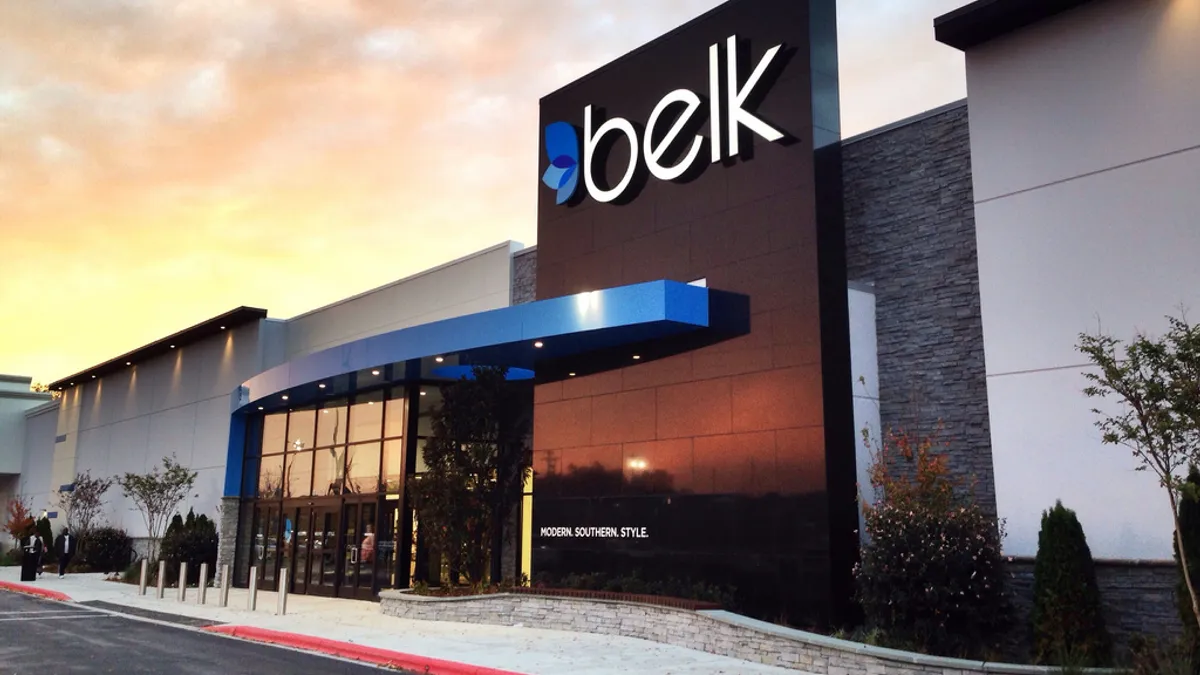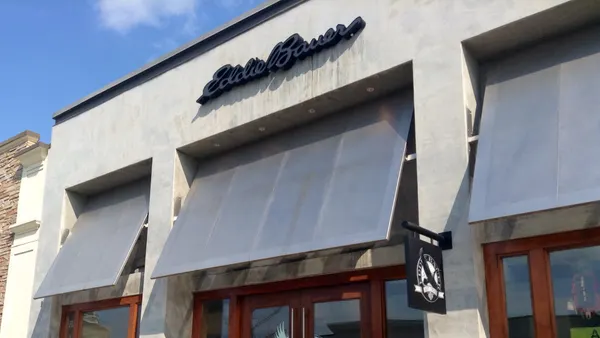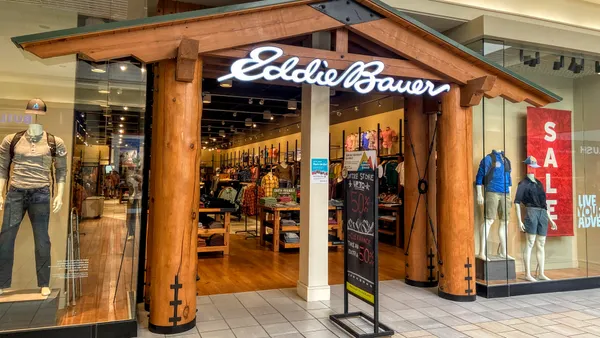UPDATE: January 27, 2021: Sycamore Partners later on Tuesday announced that Belk will restructure under Chapter 11 bankruptcy. The department store has entered into a restructuring support agreement with Sycamore (its majority owner), the holders of more than 75% of its first lien term loan debt and the holders of all of its second lien term loan debt. The deal will recapitalize the business, reduce debt by about $450 million and extend maturities on all term loans to July 2025, according to a Sycamore press release.
Sycamore, global investment firms KKR and Blackstone Credit, and some of the existing first lien term lenders have committed $225 million in new capital. At the end of the process, expected to be complete by the end of February, several lenders will end up with a minority stake in the retailer and Sycamore will retain its majority stake.
Dive Brief:
-
Private equity-owned Belk is close to restructuring through bankruptcy, with an agreement for lenders to take a majority stake, Bloomberg reported on Monday, citing unnamed sources.
-
A spokesperson for the Southern department store didn't immediately reply to a request for comment.
-
Owner Sycamore Partners, which acquired the retailer in 2015 for $3 billion, declined to comment.
Dive Insight:
The pandemic has effectively scuttled a comeback planned at Belk in 2019, an attempt to appeal to younger consumers while also hanging on to the enduring loyalty of its mostly older customers.
As at Macy's, which had to hit the brakes shortly after announcing a turnaround in early 2020, Belk was forced to shelve plans to reinvent its department store model and instead scramble for survival. After instituting furloughs as stores were forced closed due to the pandemic, the 130-year-old retailer laid off an unspecified number of mostly corporate employees.
Belk has the benefit of running many stores in smaller strip centers and away from declining shopping malls, but has been up against the same forces bedeviling all department stores, including ebbing clothing sales growth, the rise of off-price retail and the decline of the middle class. Last summer, Nike, one of the few brands selling lots of apparel, struck Belk from its list of wholesale accounts, according to Susquehanna Financial Group.
















